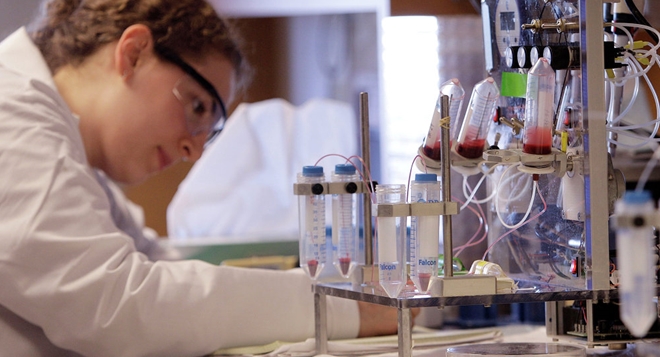Brazilian scientist creates quick new HIV test that could save millions of lives
She said that the test can detect the virus after a week, which is much faster than conventional HIV testing.
"It all started with the development of cancer-detecting sensors. These sensors have been used for that purpose for several years, but we haven't stopped searching for new markers which would allow us to make faster clinical diagnoses," Kosaka explained.
There are currently several tests which are used to check for HIV. The most common is the antibody screening test, which checks for HIV antibodies in blood or oral fluid. It can take three to 12 weeks for a person's body to make enough antibodies to be detected in the test.
 |
The combined antibody/antigen test also checks for the p24 antigen, a structural protein that makes up most of the HIV viral core. It is produced and detectable before HIV antibodies.
This combination test can detect HIV between two and six weeks following infection, once the body has produced enough antigens and antibodies.
Kosaka said that the new test developed by her team is able to find the p24 antigen in lower concentrations than is required from the conventional combined antibody/antigen test, which enables it to detect HIV sooner.

